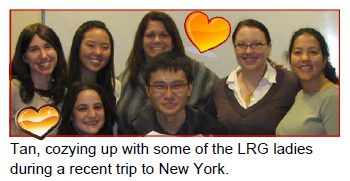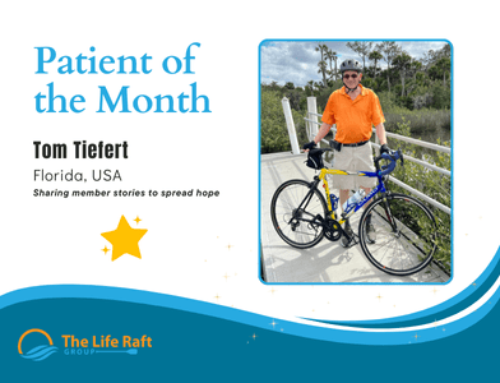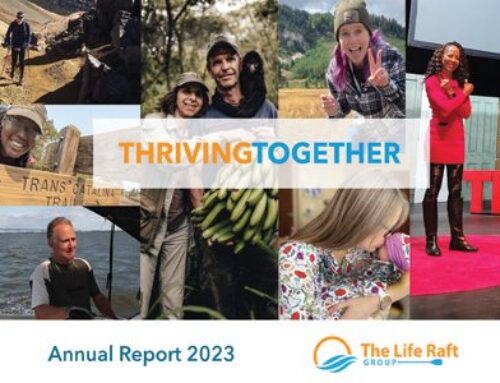Valentine’s Day is coming up and that’s a time of strong feelings. Sure there are those who pass by this holiday without a backward glance but for the most part you’ll see the world turn upside down for one day. Peek inside a classroom and you’ll see little girls desperately hoping for a lacey heart made of construction paper. On any city street you’ll find people of all ages forking over hard-earned cash for bushels of roses and daisies and lilies. You’ll even notice the Anti-Valentine’s day crowd. With a box of chocolates in hand, Valentine’s is a particularly hard day for them.
In honor of this tempestuous day, we’ve put together an article on dating. As if it wasn’t already a perilous mine field, it is even further complicated when you are living with cancer.
This article is the first of two parts.
When dating, people who have had cancer often avoid talking about their illness. At a time when closeness is so important, it might seem risky to draw attention to your problems.
“With GIST, we are lucky that most of us still have the ability to date without the other party having to jump the emotional and mental hurdle of a deformity,” states Jason DeLorenzo, Pediatric GIST survivor, “However, what will happen when this person knows that I face my death every day, and life with me will force you to face that reality yourself?”
The American Cancer Society cautions against keeping silent for long, “Sometimes you can ignore the cancer for a time. But when a relationship gets serious, silence is not the best plan. If you don’t talk about it, cancer can become a secret that will limit your closeness to your partner. A loving partner needs the chance to accept you as you are.”
You can avoid rejection by avoiding dating, but then you miss out on the chance to have a happy healthy relationship.
Eric Tan, a young GISTer in Singapore offers, “Ask yourself this question, ‘Do I want to have a relationship or not?’ If you are unsure or feel negatively about it, then I suggest you find a lot of hobbies (that can last you until old age), pay more attention in building your friendships and be happy for as long as you are alive. However, if the answer is yes, then use GIST as your strength instead to pick up your lazy hand and dial that number and ask out someone for a date!”
For Eric, these words are as much for himself as they are for other GISTers.
“I met a girl, we got along real fine, but before we were official, I needed her to know the truth. GIST eventually became the end of the relationship. Did I expect it? Yes. It’s just harder when it became a part of reality and I am in this part.
She told me the expected textbook reply: ‘What will happen to me if you are gone?’ and ‘What is going to happen to our kids and I cannot take this kind of pressure.’ Surreal isn’t it? But who can blame her? From what I saw from her reactions, it must not have been easy for her as well. She was as confused as I was whether this cancer can bring a happy ending.”
“Dating with a GIST leads to two major difficulties,” says Estelle Lecointe, Pediatric GISTer and founder of Ensemble contre le GIST,  “The first one being to announce the disease, the second one to explain the induced collateral damages and personal sacrifices. It’s very difficult to find the right time to bring these topics in the discussion as these aspects can be very scary for someone who’s never faced this kind of situation. If I say it at the very first date, I know by experience I might never see the man again because human nature tends to prefer simplicity rather than what I have to propose.
“The first one being to announce the disease, the second one to explain the induced collateral damages and personal sacrifices. It’s very difficult to find the right time to bring these topics in the discussion as these aspects can be very scary for someone who’s never faced this kind of situation. If I say it at the very first date, I know by experience I might never see the man again because human nature tends to prefer simplicity rather than what I have to propose.
A big issue in dealing with GIST and dating seems to be timing. If not the first date, then the second? Third? When is the right time to broach the subject?
Cancer.net feels that the talk should occur as your relationship starts to deepen. “The right time to talk to a partner about cancer differs for each person. However, it may help to wait until you and your new partner have developed a mutual level of trust and caring. It is also best to tell a new partner before a relationship becomes serious.”
Look out for part two which will appear in the April 2011 newsletter and will cover tips on approaching the subject, success stories and new ways to meet people.




